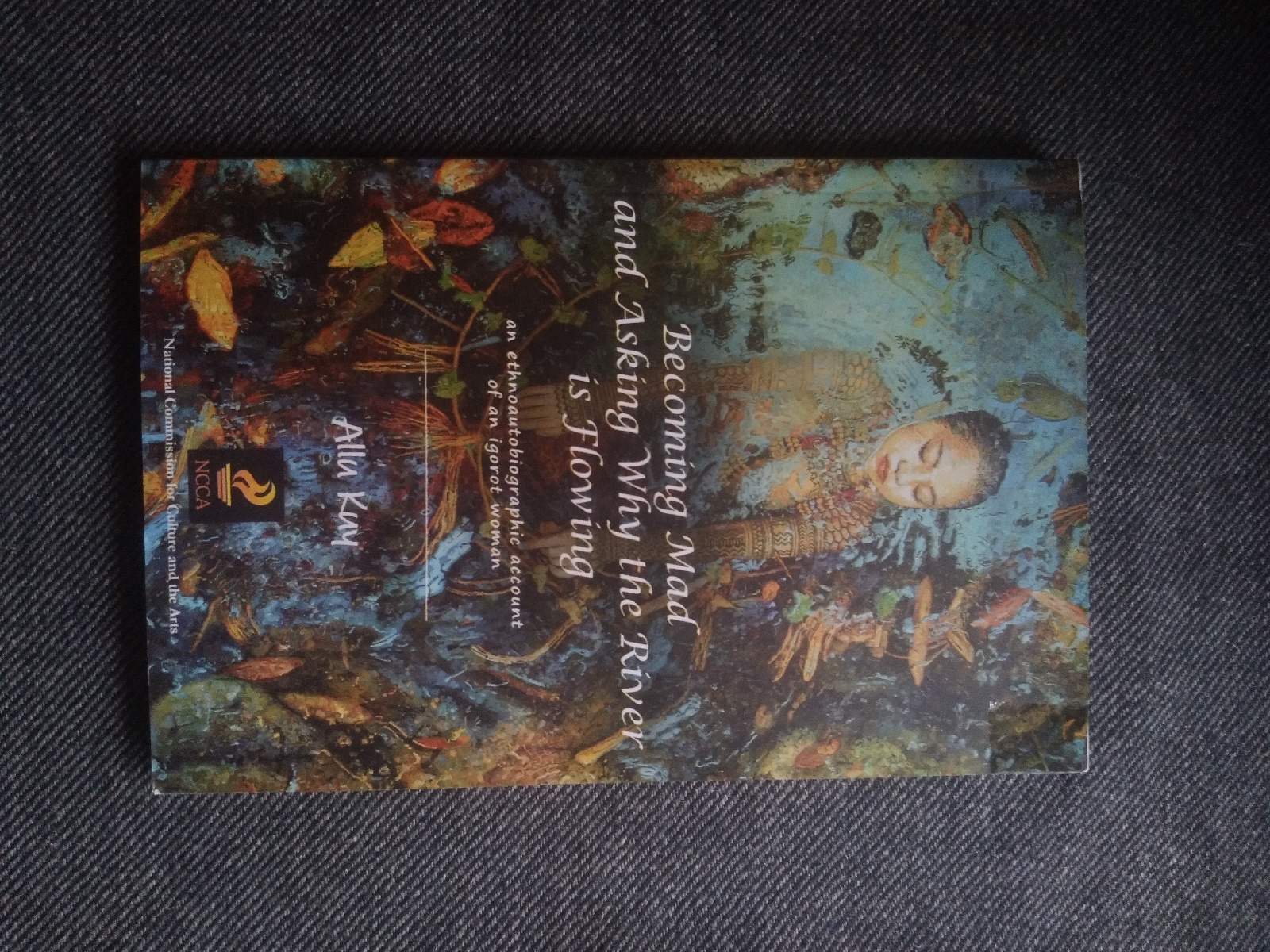This is the Benguet lily (Lilium philippinense), a plant species endemic to the Cordillera Central Range. We often take it for granted when we see it but this plant's population is rapidly declining to the point that researchers who studied it consider it a "threatened" species. This means that this plant is vanishing and if nothing is done about it, the road to extinction may not be too far-fetched.
The Benguet lily usually grows on steep and grassy mountain slopes or rocky/gravelly open areas. When they're not flowering, they can be hard to spot because they blend very well among the grass and shrub. But they become very prominent when their flowers bloom which happens within the months of May to July.
Here are some of the reasons cited by researchers as to why the Benguet lily's population has seriously declined:
1. Over-collection. The plant and its flowers are often collected and used as adornments for occasions like weddings, graduation rites, etc.
2. Destruction of their natural habitats.
3. Climate change. For the Benguet lily to survive and propagate, specific environmental requirements have to be met.
Conservation of the Benguet lily is going to be a challenge because studies have shown that it's difficult to cultivate it outside of its natural habitat.
"Threats to this species are attributed to habitat loss which is caused by natural events such as soil erosion and anthropogenic activities such as road widening, over collection and land conversion. With these threats, the natural populations of this species are declining and therefore require immediate conservation strategies before they become totally extinct."
That's a quote from the published paper about the Benguet lily by Teodora D. Balangcod, Virginia C. Cuevas, Inocencio E. Buot Jr., and Ashlyn Kim D. Balangcod. If you're interested in reading their papers, see the cited sources below.
Sources:
1. Geographic Distribution of Lilium Philippinense Baker (Liliaceae) in the Cordillera Central Range, Luzon Island, Philippines by Teodora D. Balangcod, Virginia C. Cuevas, Inocencio E. Buot Jr., Ashlyn Kim D. Balangcod; 2011
2. Cultivation and Conservation of Lilium philippinense (Liliaceae), the Philippine Endemic Benguet Lily by Teodora D. Balangcod, Virginia C. Cuevas, Ashlyn Kim D. Balangcod; 2011
3. The Benguet Lily (Lilium Philippinenses Baker) by G. A. C. Herklots
Images:
Photos 1-3: (Phyto Images, Southern Illinois University)
Photo 4: Reddit, Baguio subreddit














